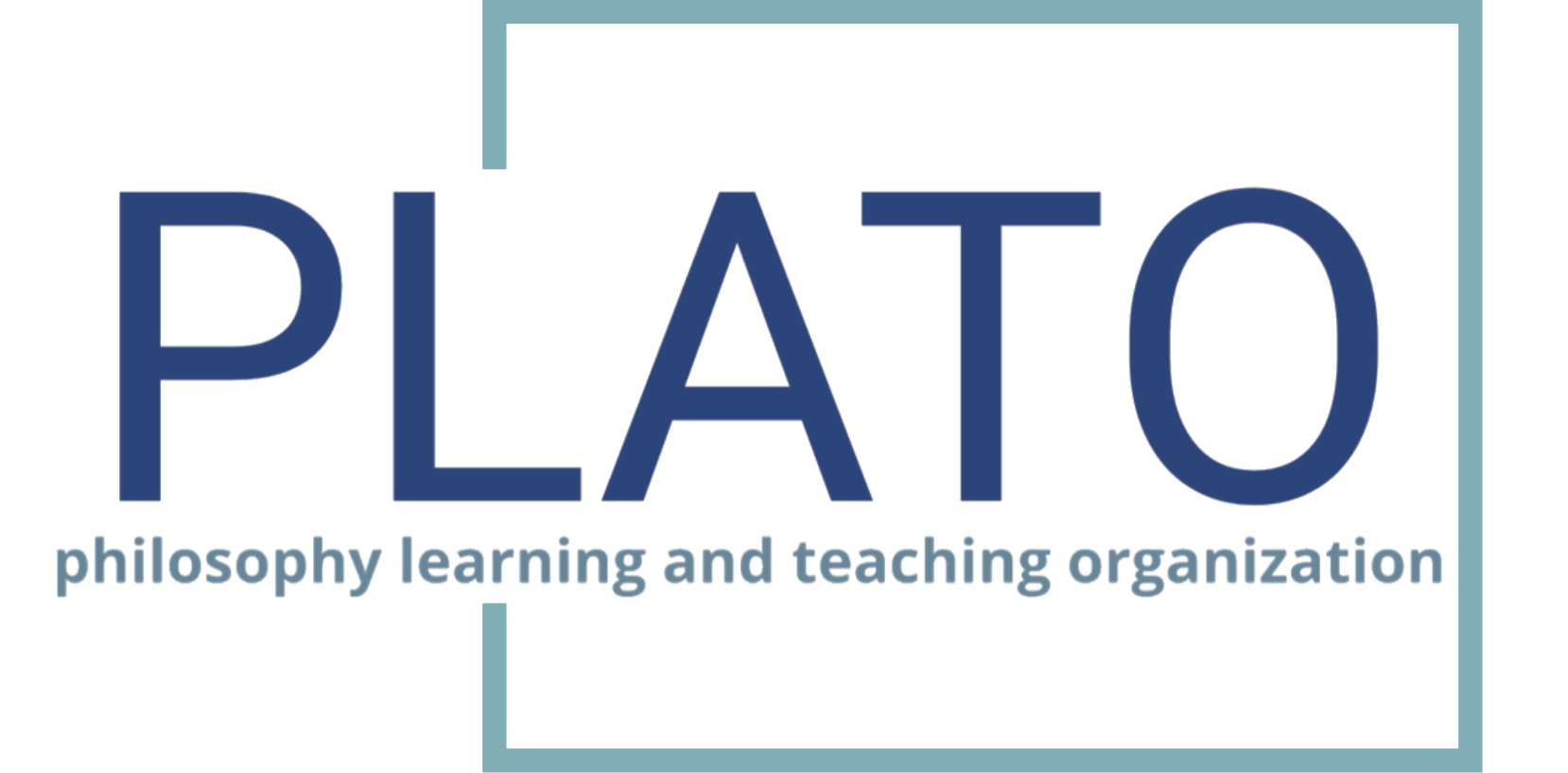The Quiet Facilitator
This autumn, as I have begun leading philosophy sessions on Zoom with children again, I have spent some time considering more deeply my role in these sessions. Part of my job as an educator is to help children learn to articulate and examine their questions and beliefs more lucidly. Additionally, though, I am responsible for helping to create an environment that nurtures understanding and trust and values each child’s voice. I consciously approach my sessions by working to develop spaces for children to explore the questions that matter to them, without imposing my own views about which questions or conversational threads are particularly significant or interesting.
I have been thinking about the relationship between the facilitator’s responsibility to construct a framework for the emergence of high quality philosophical conversations (introducing philosophically suggestive prompts, asking good questions, helping to ensure that every voice is heard, intervening in stalled discussions) and the importance of the conversation being authentically the children’s inquiry, so that my questions and comments do not push the discussion in a direction that comes from me and not the children. It is easy to say that it is what matters to the children that should control where the inquiry leads, but in the experience it can be quite challenging to determine when to let the discussion proceed without any interference and, when it seems some intervention is needed, what to say that is helpful for the process but does not influence the content.
We want to make sure we are giving children the space they need to think through and express their thoughts without superfluous intrusion by the facilitator. There is a fine line between responding in ways that help others tease out their own ideas and altering what they mean to express. Especially because of the power adults have relative to children, and particularly in a classroom (virtual or not) situation in which I am seen as the expert in the room, it is all too easy for me unintentionally to sway the conversation’s focus.
Paraphrasing what a child says, for example. Sometimes we try to help children convey their thinking more clearly or fully by suggesting a different way to say something. “Did you mean to say . . .?” Although this approach can be a useful way to help a child to communicate a thought, it can also result in putting words in children’s mouths, thinking that we already understand what they are saying and that they just need our assistance to articulate their thoughts more precisely. This practice risks distorting or silencing what the child has to say.
Moreover, when we mistakenly interpret or rephrase what we think children mean to express, they can hesitate to tell us we’re incorrect. In these situations, a child may naturally assume that the adult knows more and therefore instinctively agree, even though the rephrased comment actually misrepresents the child’s thinking.
I am aware that, at times, after a child has spoken I have jumped in too quickly with a clarifying question or description of what I thought the child meant, only to realize retrospectively that I had let my own ideas or interests get in the way of what the child actually wanted to say. If I really want to understand that child’s point of view, that point of view has to take priority. Listening and asking questions from a place of curiosity and respect, and letting go of one’s own agenda, can cultivate a space in which children can think their own thoughts and express their own ideas in their own ways.
But the practical challenges remain. If I observe that a student’s remark seems to involve a philosophical undercurrent that is not explicitly stated, should I ask a question that delves into the deeper meaning of the child’s words? Is there a way to do this that does not steer the conversation in ways that interest me but weren’t on the children’s minds? Isn’t my job to recognize the philosophical themes underlying the children’s questions and comments, and help the children to see them, or does that risk distorting what they desire to explore? Or am I overestimating my potential influence on the inquiry?
I often say that the most successful sessions with children that I have had involved thoughtful philosophical discussions that would have continued if I had left the room. The quieter I am, and the more the children are focused on their conversation and what others in the group have to say, the more authentically is the inquiry the children’s own. That takes time and practice, however. The facilitator’s challenge is to balance assisting the children in learning how to have a vibrant and reasoned philosophical conversation with ensuring their ownership of the philosophical space. Perhaps being a “quiet facilitator” should be one of the goals of a philosophy class, so that as time goes on, the children grow increasingly skilled at managing the inquiry themselves, and the facilitator becomes more and more quiet.



